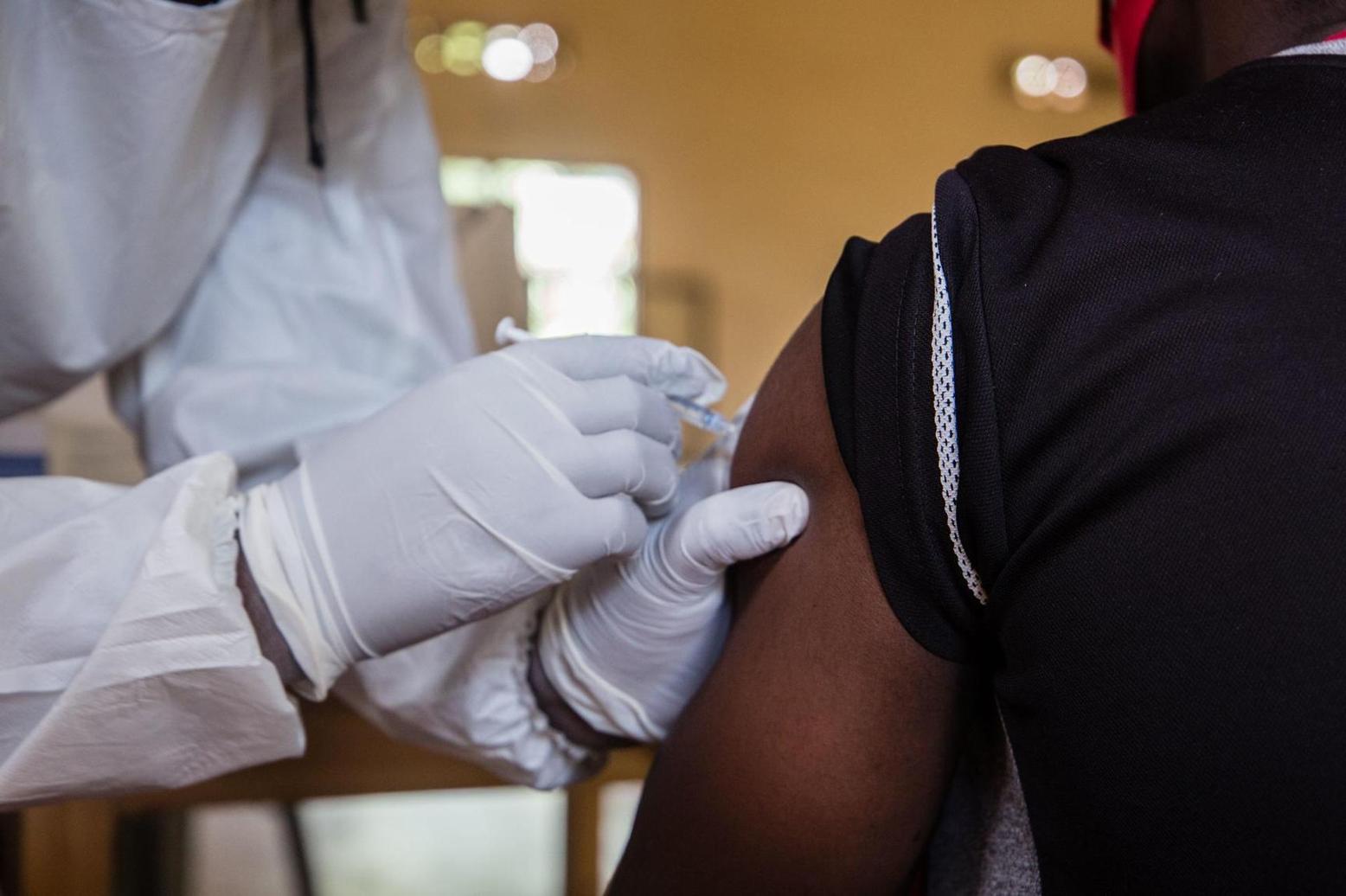Africa-Press – Rwanda. African health officials have called for increased production of syringes, saying there may not be enough of them for the Covid-19 vaccination task that awaits Africa by next year.
Dr. Mashiditso Moeti, the Director-General of the World Health Organisation (WHO) African Regional Office, said that in addition to vaccine shortages the continent the scarcity of syringes may also become an issue soon.
“Just five African countries – less than 10 per cent of the continent’s 54 nations – are projected to hit the year-end target of 40 per cent of their people fully vaccinated,” Dr Moeti told journalists in a press conference on Thursday, October 28.
To reach this target, she said, African countries need to be receiving 30 million doses a week, which is almost double the current 17 million they are receiving from all sources.
The supplies and resources needed to roll them out are critical and must be addressed through a comprehensive approach. Here she highlighted that there is “a looming threat that syringe supplies will dry up.”
“UNICEF predicts a global shortage of around two billion of the auto-disposable syringes needed for Covid-19 vaccine and routine immunization,” she said. “Already, some African countries like Kenya, Rwanda and South Africa have experienced delays in receiving vaccines, and unless drastic measures are taken to boost syringe production, Africa faces a crisis.”
While vaccine shipments to the continent have been ramped up and are expected to increase into the next year, she added, the scarcity of syringes could paralyse progress for Covid-19 vaccination and for routine immunization.
Dr. Phiona Atuhebwe, the New Vaccines Introduction Officer at WHO Africa Regional Office, told the media in the same press conference that the continent has not yet had a syringe shortage, but it is anticipated that in 2022, syringe availability issues may arise when high amounts of doses come in.
“This year we had only 30 million doses of Pfizer, but next year – just in the first quarter, we expect 50 million doses of Pfizer – just Pfizer alone,” she said. She added: “In 2022, we really expect a shortage (of syringes) if nothing is done.”
Dr. Sabin Nsanzimana, the Director-General of the Rwanda Biomedical Centre (RBC), told the media that the issue of syringes and other consumables for vaccination is real and has affected the rollout of vaccines across the continent.
“Without syringes and other important consumables that go with vaccines, the efforts to vaccinate more people could not be reached as we planned,” he said.
He added: “The government (of Rwanda) has invested a lot of logistics and funding to get more syringes through different channels, but the challenges remain on the side of production and access to these syringes.”
Nsanzimana said that Rwanda has recently been receiving vaccines with a short shelf-life, and there was need for using them quickly, and therefore, there is need to always have the complementing consumables like syringes available in time, so as to make use of the vaccines.
He also raised an issue related to a 0.3ml syringe used specifically for mRNA vaccines, saying that having access to these syringes is critical but the production and demand are not going at the same speed.
“So we urge countries and producers of these products to consider this as an important issue that has to be tackled,” he said.
“In anticipation of more vaccines, Rwanda has been purchasing syringes using domestic resources from different producers. But I want to observe that we have to queue with many other people asking for the same product, as we have been queuing for vaccines,” he added. Dr. Moeti also made a call to syringe producers to step up the production,
“I urge all countries and companies manufacturing essentials like syringes to take a holistic view of the end-to-end process of vaccine rollout so that countries receiving doses are enabled and empowered to plan their rollouts effectively and to proactively address bottlenecks like syringe shortages,” she said.
For More News And Analysis About Rwanda Follow Africa-Press






